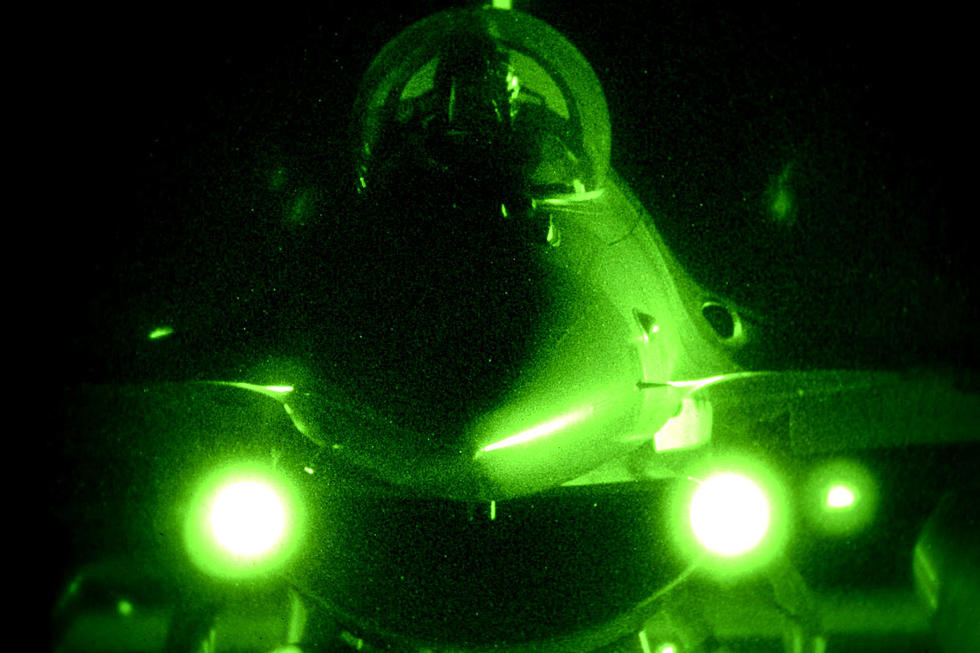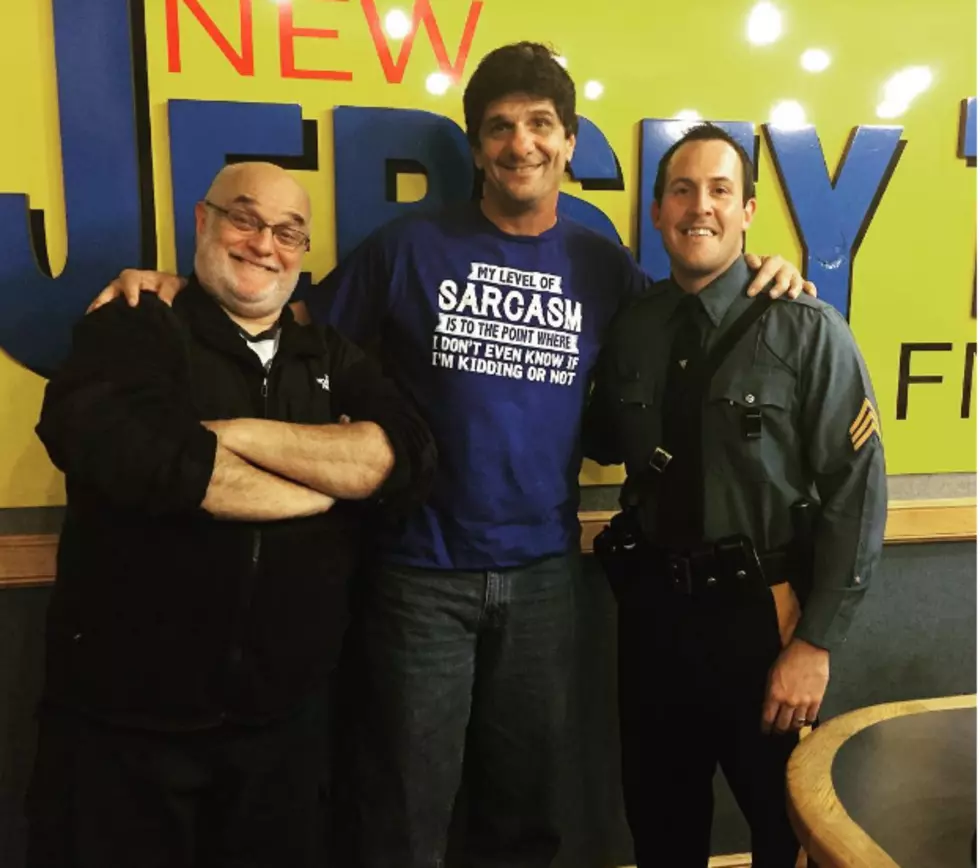![Taking On PTSD and Military Suicides [AUDIO]](http://townsquare.media/site/385/files/2012/10/Cunniff.jpg?w=980&q=75)
Taking On PTSD and Military Suicides [AUDIO]
The Military and Veterans Affairs Committees from both houses of the state legislature joined for a hearing Monday in Lawrenceville, concerning the current status of suicide and post-traumatic stress disorder (PTSD) among New Jersey's veterans and active armed forces.
The committees heard testimony from Adjutant General Michael Cunniff, head of the New Jersey National Guard, who said August nationwide numbers confirm nearly 140 suicides among active duty personnel and reserves so far this year.
"One suicide amongst the military is way too many," Cunniff said.
Military suicides have become a too-common consequence of PTSD, along with depression, insomnia and substance abuse. State Senator James Beach, committee chairman, called PTSD an "epidemic facing those who serve our country." He used Monday's session to better understand the problem and possible ways to limit its effects.
"The one thing I see we need to improve upon is making sure that we notify all of our veterans of what it is that's available to them; I think we have been a little lax in our outreach," Beach said after the hearing.
“Most of us cannot even imagine what our service men and women have experienced while defending our freedom,” said Assemblywoman Cleopatra Tucker, chair of the committee in the lower house. “We owe it to them to better understand how we can help them cope with the traumas they’ve witnessed and the difficulty transitioning back into civilian life, particularly in this economy.”
General Cunniff praised the state's approach to reintegrating troops coming back home.
Separate testimony focused on the in-depth process each soldier must complete before returning to everyday life. Evaluations are also conducted for the next three months.
Beyond that, though, Cunniff said they rely on peer-to-peer involvement for evidence of mental or emotional anguish. Thirty-four percent of suicide victims communicated their intentions beforehand.
"If we have a hint, we want to make it a prevented suicide," Cunniff explained.
Call volume on the state's hotline for veterans escalated rapidly over the past couple of years. From Fiscal Year 11 to Fiscal Year 12, the center experienced a 54 percent jump in calls.
"The primary reason folks call is to talk to a vet," said Maria Falca-Dodson, Director of NJ Vet2Vet.
Falca-Dodson noted peer support has encouraged many veterans to engage in counseling and, more importantly, return after the first visit.
The main concern expressed by General Cunniff surrounds the statistic that more than half of military suicide victims have never been deployed. He said there should be a sharper focus on that group because "suicide is not a purely-deloyment issue."
More From New Jersey 101.5 FM









